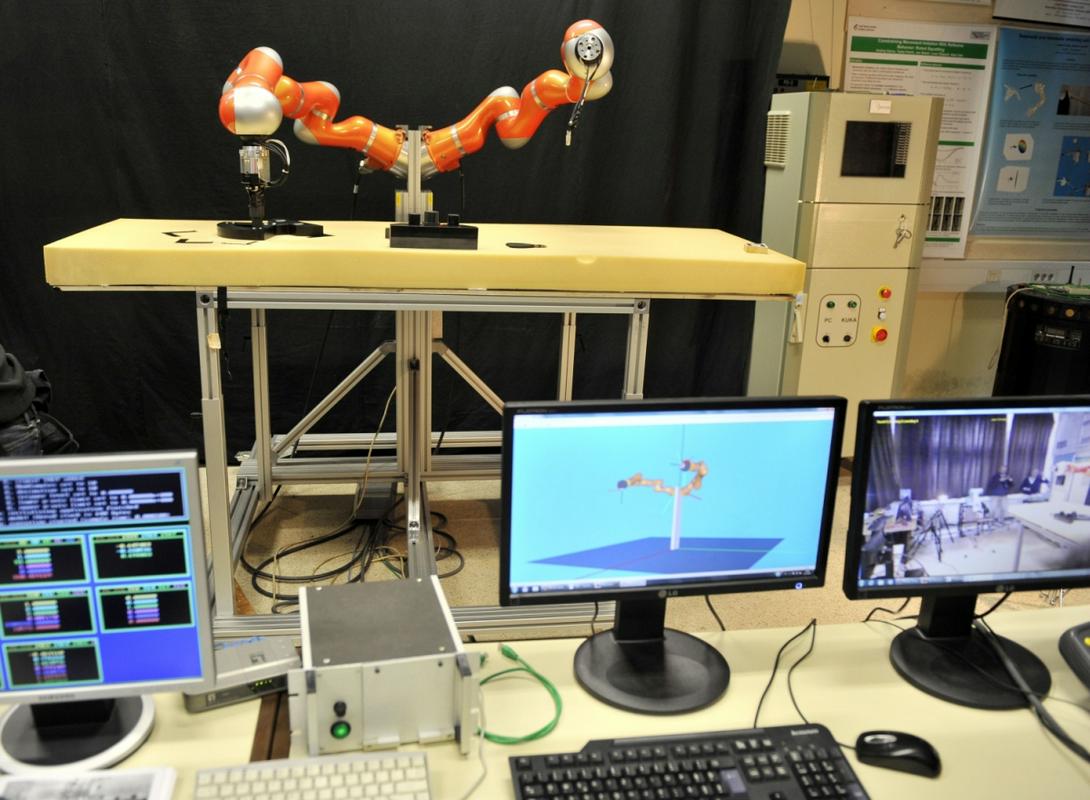
Recently, the Brezprihodnosti (NoFuture) initiative organized a public forum on science and the challenges science faces. Oto Luthar, head of the Scientific Research Centre of the Slovenian Academy of Sciences and Arts (ZRC SAZU), said that those working in universities and institutes had already warned 18 years ago that Slovenia could enter the 21st century only if it was armed with knowledge and the right attitude to develop its scientific potential.
"We kept wondering back then whether we - and those in power - were concerned about our future at all. 18 years later, we have come to the conclusion that this future has not yet arrived. This is the slogan of today’s meeting and the slogan of the Brezprihodnosti (NoFuture) initiative, which tries to capture the essence of our problems," Luthar said.
Three years ago, the Coordination of Independent Research Institutions of Slovenia (KOsRIS) has called upon MPs to cease cutting funds for science, research and higher education for the 2013/2014 period. However, there still seems to be no end to austerity: Government funding for science has been cut by 25 percent over the last three years.
Brain drain
Peter Klepec of the Scientific Research Centre of the Slovenian Academy of Sciences and Arts (ZRC SAZU) pointed out that young researchers in the humanities often work on European projects that will never be implemented, which is why they often go abroad. Ana Rotter of the National Institute of Biology stressed that we are faced with a hyperproduction of young researchers struggling to land a job.
Ksenija Vidmar Horvat of the Faculty of Arts in Ljubljana bemoaned the lack of a development strategy in this field, which is why the whole academic structure is faced with uncertainty.
"Nowadays, the real importance of science is underestimated. Perhaps not even scientists themselves are aware of it – let alone the public or the decision-makers who make decisions about our work. The goal of science is to create something new that can’t be defined within currently available concepts," Martin Klanjšek of the Jožef Stefan Institute said.

































































